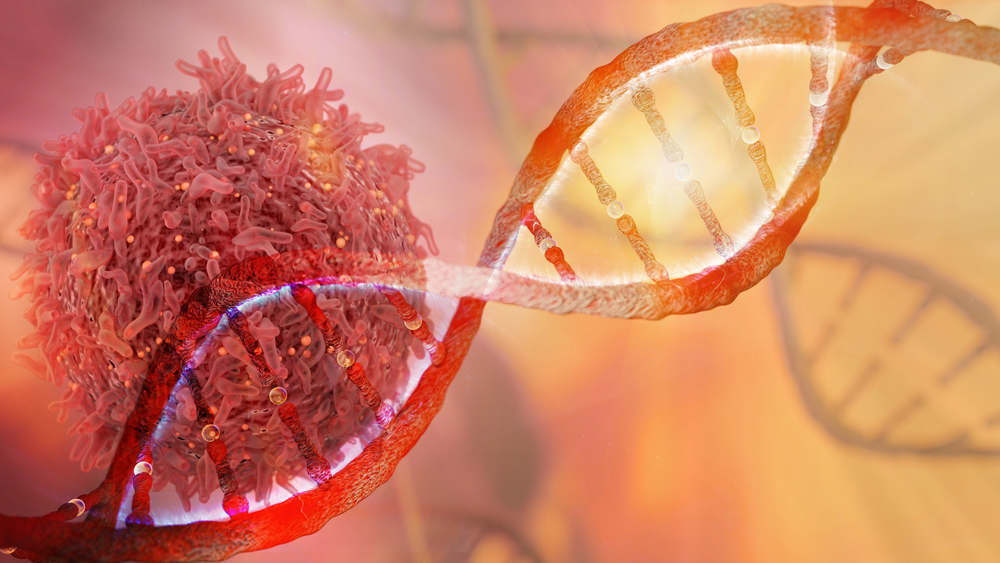European Research Team Granted €6.8M to Develop Non-viral Gene Therapy System

The Horizon 2020 research and innovation program of the European Union granted €6.8 million (approximately $7.7 million) to an international research team for the development of non-viral gene delivery technology.
This new gene therapy strategy has the potential to improve the health of patients with genetic diseases worldwide, including those with cystic fibrosis, Huntington’s disease, and hemophilia, while reducing associated costs.
The project, called ENDOSCAPE, is being coordinated by researchers at the Charité – Universitätsmedizin Berlin in Germany, and the collaboration includes 11 research groups in Germany, Spain, the Netherlands, Belgium, Italy, France, and Switzerland.
ENDOSCAPE was one of nine collaborative research projects involving Charité and covering a wide range of topics that were selected for Horizon 2020 grants. For its part in the selected proposals, Charité will receive a total of more than €10 million (about $11.3 million) in funding, which will be received over a period of four years for each of the projects.
“An achievement of this magnitude across different fields of medical research once again demonstrates the sheer strength of Charité’s research profile,” Axel Radlach Pries, MD, PhD, dean of Charité, said in a university press release. “This is an outstanding start to 2019 for Charité.”
Recent advances have made gene therapy one of the most promising treatment options for a broad range of diseases.
Want to learn more about fertility and Cystic Fibrosis? Ask your questions in our CF forums.
Most of the successful gene therapies being developed use virus-based technologies to deliver the desired gene to target cells. However, although the viral particles are manipulated to be safe and unable to trigger illnesses, this delivery strategy can still carry some risks.
In addition, the production of viral-based therapies is complex and costly, representing another challenge in effectively reaching large patient groups. Therefore, non-viral based delivery systems are seen as the next step in improving such therapies.
Non-viral gene delivery systems have already demonstrated effectiveness in laboratory. The next step is to determine their feasibility for the treatment of human diseases.
ENDOSCAPE is intended to develop and collect proof-of-concept data on a non-viral gene delivery technology that combines plant-derived endosomal escape enhancers (glycosides), gene therapeutic products, and a targeting ligand that are all bound to a single molecular scaffold.
The resulting non-viral gene therapy is expected to be safer, with about 40 times increased delivery efficiency with a smaller dosage over currently available strategies. As a result, this new approach will cost less to produce, increasing its potential to reach more patients.
Researchers believe that the ENDOSCAPE technology can be applied to a broad range of diseases and large patient groups. Potential clinical applications may include the repair or replacement of defective genes, like in cystic fibrosis patients, and the targeted delivery of specific genes, for instance, to destroy cancer cells.







